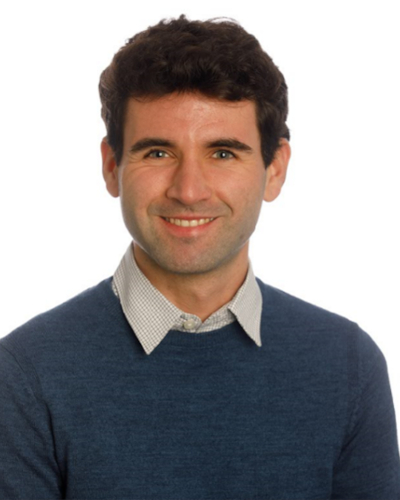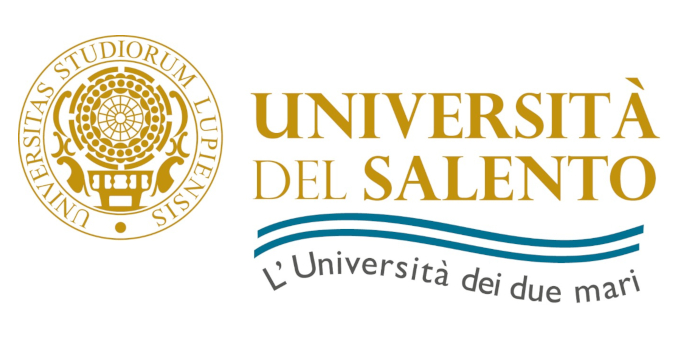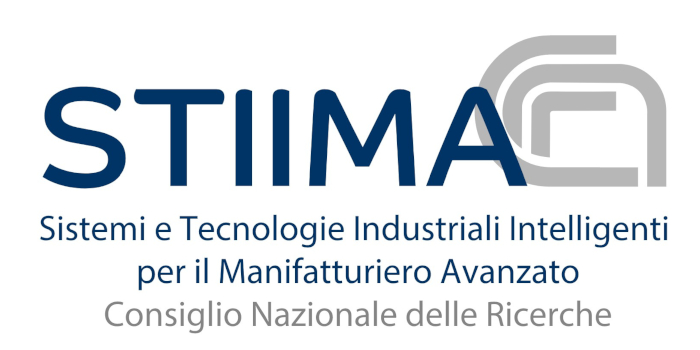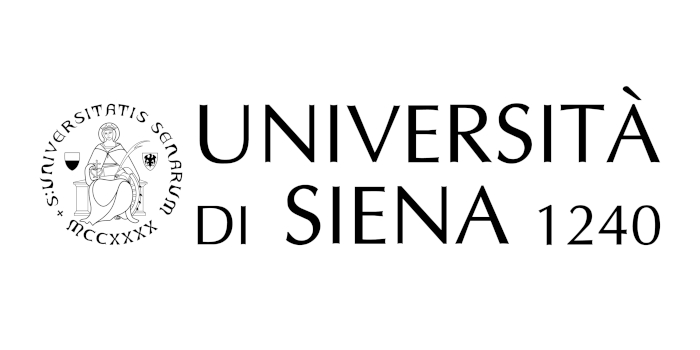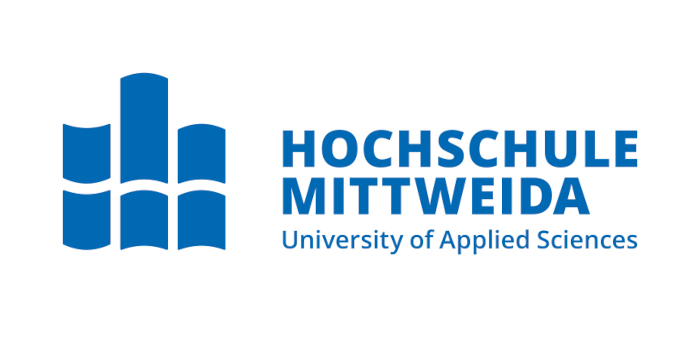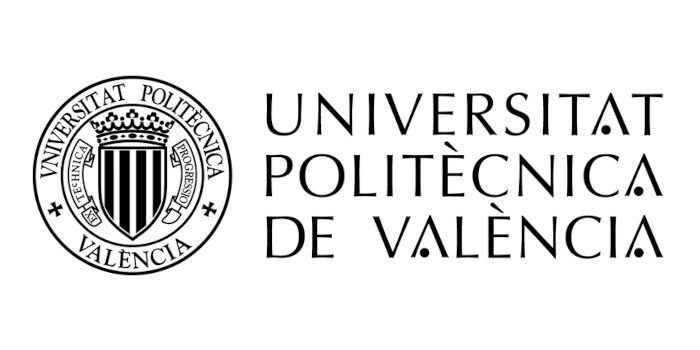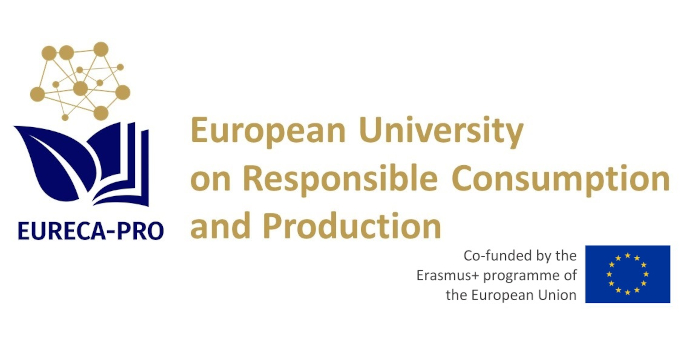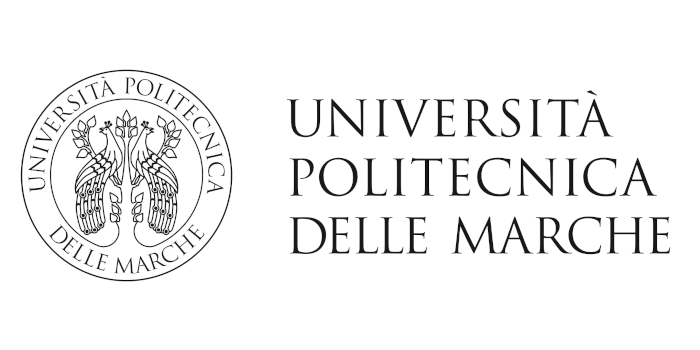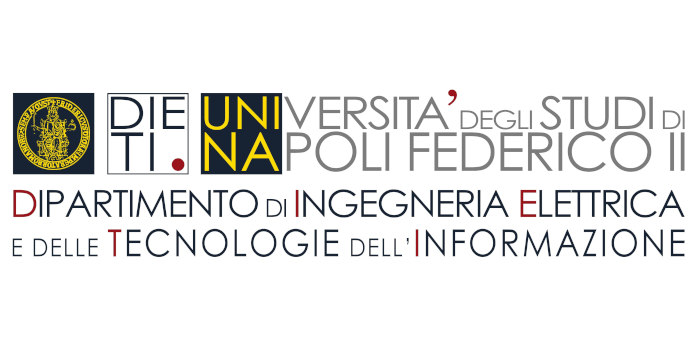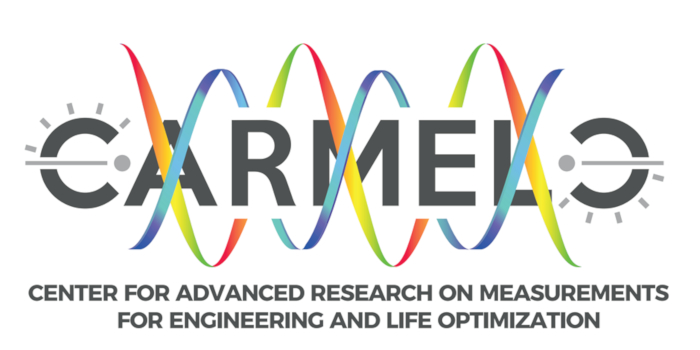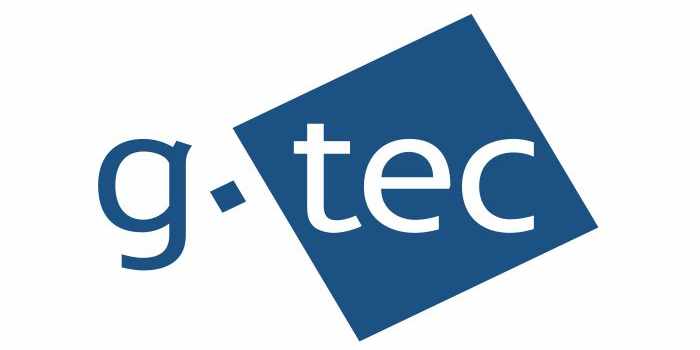SPECIAL SESSION #11
Forensic Investigations: Digital Forensics, AI and XR Applications
ORGANIZED BY
Luca Guarnera
University of Catania, Italy
Vincenzo Rinaldi
University of Dundee, UK
ABSTRACT
The continuous development of Artificial Intelligence (AI) and Computer Graphics poses new opportunities and challenges in the field of forensic science. This special session hosts contributions related to crime and security, ranging from digital evidence and multimedia to novel applications exploiting Artificial Intelligence (AI) and Extended Reality (XR), to aid and enhance crime investigations. New tools enable improved crime scene documentation and analysis, leading to more immersive and intuitive investigations. This increases the importance of preserving integrity and authenticity in the digital domain, calling for evolved tampering identification methods. Machine Learning (ML) and AI are rapidly becoming ubiquitous and are expected to provide support at multiple stages of forensic investigation. Hence, not only do novel technologies demand to be fully understood, but also pose new ethical questions. Implications associated with the evolution of deepfake technology, without neglecting mainstream manipulation techniques emphasise the need for responsible application and state-of-the-art detection methods. This comprehensive exploration aims to shed light on the multifaceted landscape in which technology and forensic science converge in the pursuit of justice.
TOPICS
The list of the topics of interest includes (but it is not limited to):
- Novel methods of 3D documentation of crime scenes
- Reconstruction and analysis of virtual crime scenes
- Crime Scene Digital Twin
- Ground-truth datasets to aid AI and XR forensic science research
- Digital Forgery, integrity and authenticity
- Deepfake Creation and Detection
- Biometrics in Digital Forensics
- Machine Learning and AI applications for Crime Analysis
- Ethical Implications of Deepfake Technology
- Serious Games for forensic science education and training
ABOUT THE ORGANIZERS
Luca Guarnera was born in Catania on October 26, 1992. Since January 1, 2022, he is a Research Fellow (RTDa) in Computer Science at the University of Catania. He graduated as Ph.D. in Computer Science (XXXIII cycle, PON number E37H18000330006) on October 14, 2021, discussing the thesis entitled “Discovering Fingerprints for Deepfake Detection and Multimedia-Enhanced Forensic Investigations” at the Department of Mathematics and Computer Science, University of Catania. He is a member of IPLab research group at the University of Catania. He is a committee member of the International Forensics Summer School (IFOOS) (2022, 2023, 2024). Luca is a reviewer for several International Conferences and Journals and also a member of the organizing committees of several international scientific events, including challenges and workshops. His main research interests are Computer Vision, Machine Learning, Multimedia Forensics, and its related fields with a focus on the Deepfake phenomenon.
Vincenzo Rinaldi is a VR/AR Application Specialist at the Leverhulme Research Centre for Forensic Science (LRCFS), University of Dundee (UoD), UK. Before his appointment at the UoD, he worked as a Research and Development Engineer, looking into implementing Extended Reality (XR) as an enhancement tool for museums, medical education and security. He graduated cum laude with a master’s degree in Software Engineering at the University of Catania, IT. At LRCFS, he led a research project that received recognition in 2023 with The Herald Higher Education Awards: Innovative Use of Technology Award in Glasgow (UK). Additionally, he received the Engaged Early Career Researcher of the Year - Stephen Fry Award 2024 at the UoD. His current research interests deal with innovative ways of 3D digitalisation and visualisation of crime scenes by creating acquisition standards and estimating how XR could aid with training, competence testing and investigations.



